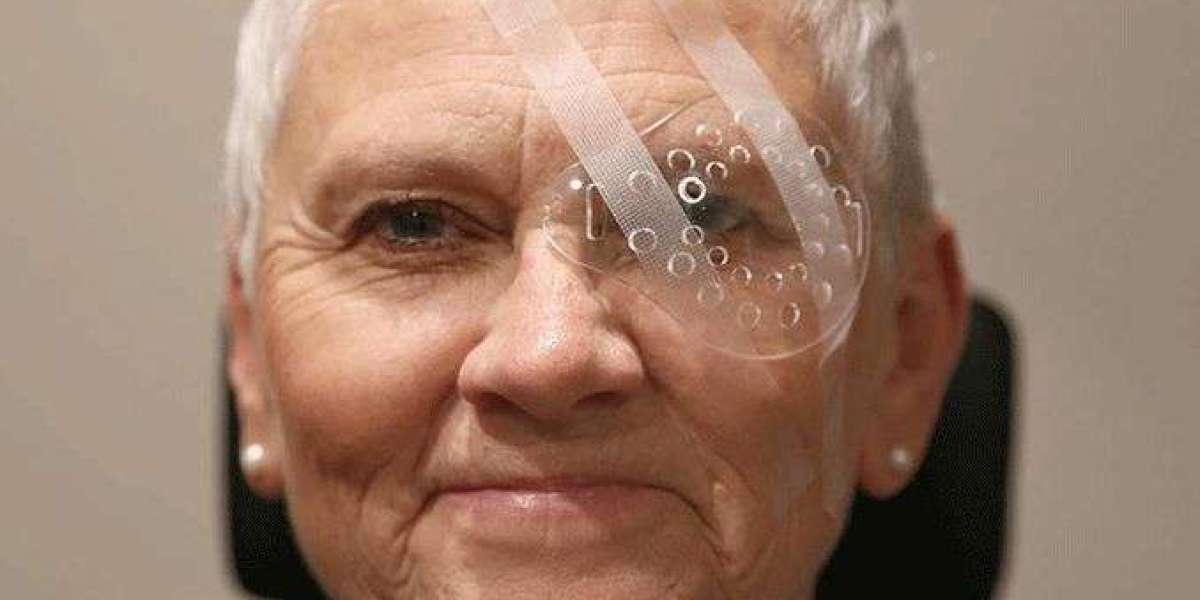Ophthalmologists play a crucial role in maintaining eye health and addressing various eye conditions. As specialized medical doctors, they undergo extensive training to diagnose, treat, and manage a wide range of eye-related issues. In this guide, we'll delve into the responsibilities of ophthalmologists and provide insights on how to find the right one to meet your eye care needs.
What Do Ophthalmologists Do?
Ophthalmologists are physicians who specialize in the medical and surgical care of the eyes. Their scope of practice encompasses a broad range of eye-related conditions, and they play a pivotal role in preserving and improving vision. Here are some key aspects of what ophthalmologists do:
Comprehensive Eye Examinations:
Ophthalmologists conduct thorough eye exams to assess visual acuity, eye movements, and the overall health of the eyes. These exams help detect refractive errors, such as nearsightedness or farsightedness, and identify potential eye diseases.
Diagnosis and Treatment of Eye Conditions:
Ophthalmologists diagnose and treat various eye conditions. Ophthalmologists prescribe eyeglasses or contact lenses to correct refractive errors. They carefully determine the appropriate prescription based on the patient's visual needs and the results of the eye examination.
Surgical Interventions:
Ophthalmologists perform surgical procedures to address a range of eye issues. Common surgeries include cataract removal, corneal transplants, retinal surgeries, and laser eye surgeries like LASIK.
Management of Eye Injuries:
Ophthalmologists are equipped to handle eye injuries, whether they result from accidents, trauma, or other incidents. Prompt and expert care is essential to minimize damage and preserve vision.
Treatment of Ocular Diseases:
Chronic ocular diseases, such as glaucoma and macular degeneration, require ongoing management. Ophthalmologists develop treatment plans to control these conditions and prevent further deterioration.
Pediatric Eye Care:
Ophthalmologists are trained to provide specialized care for children, addressing issues such as amblyopia (lazy eye), strabismus (crossed eyes), and refractive errors.
How to Find the Right Ophthalmologist:
Choosing the right ophthalmologist is a critical step in ensuring comprehensive and personalized eye care. Here's a guide on how to find the right ophthalmologist for your needs:
Referrals and Recommendations:
Seek recommendations from friends, family, or primary care physicians. Personal referrals often provide valuable insights into the quality of care and the doctor-patient relationship.
Check Credentials:
Verify the ophthalmologist's credentials, including board certification. Board certification indicates that the doctor has met the necessary standards of education and competency in their field.
Specialization:
Consider the ophthalmologist's specialization. Some may focus on specific areas, such as retina, cornea, or pediatric ophthalmology. Choose an ophthalmologist san diegowhose expertise aligns with your specific needs.
Experience:
Evaluate the ophthalmologist's experience, especially if you require a specific procedure or have a complex eye condition. An experienced ophthalmologist is more likely to handle diverse cases effectively.
Reviews and Testimonials:
Read online reviews and testimonials from previous patients. This can provide insights into the ophthalmologist's approach, bedside manner, and the overall patient experience.
Technology and Facilities:
Consider the technology and facilities available at the ophthalmologist's practice. Up-to-date equipment enhances diagnostic accuracy and treatment precision.
Insurance Compatibility:
Check whether the ophthalmologist accepts your insurance plan. This ensures that you can access services without significant financial burden. Contact both the ophthalmologist's office and your insurance provider to confirm coverage details.
Communication Style:
A good doctor-patient relationship is built on effective communication. Choose an ophthalmologist who takes the time to explain diagnoses, treatment options, and addresses your questions or concerns.
Accessibility:
Consider the location and accessibility of the ophthalmologist's office. Opt for a location that is convenient for regular visits and has suitable parking or public transportation options.
Emergency Care Availability:
Inquire about the ophthalmologist's availability for emergency care. Knowing that you can receive prompt attention in case of urgent eye issues is essential for peace of mind.
Hospital Affiliations:
Check if the ophthalmologist is affiliated with reputable hospitals. This can be crucial if surgical interventions or hospital-based procedures are part of your treatment plan.
Transparent Fees:
Understand the fee structure and ensure that the ophthalmologist provides transparent information about costs, including consultations, procedures, and any additional services.
Find the best ophthalmologist in San Diego
By carefully considering these factors, you can find an ophthalmologist who not only meets the necessary qualifications but also aligns with your individual preferences and needs. Regular eye care from a trusted ophthalmologist is key to maintaining optimal vision and addressing any potential eye health concerns. We hope you have found the article useful. Meanwhile, if you are searching for the best ophthalmologist in San Diego, please refer to the website.









